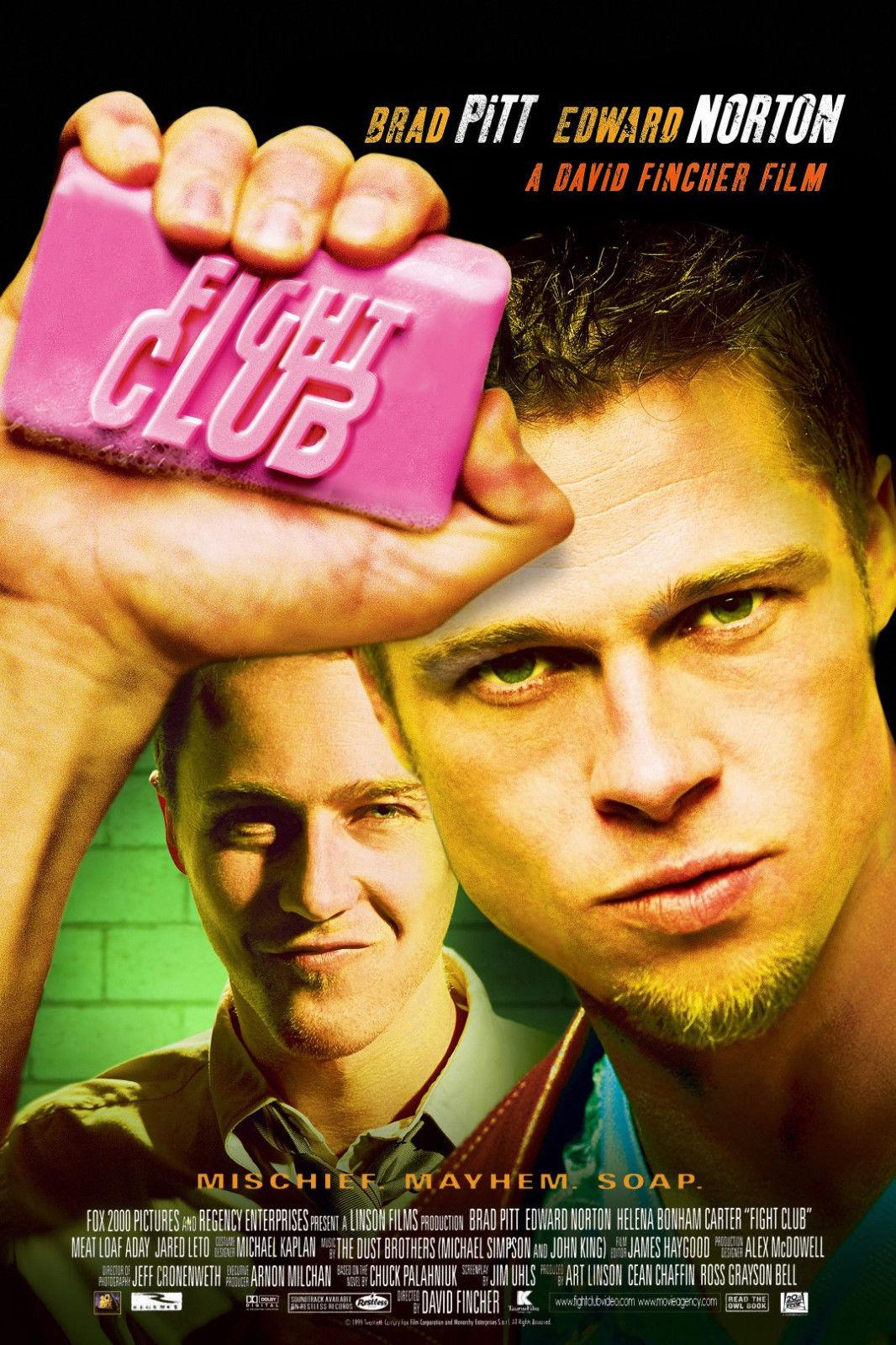Voiceovers and Their Place In Film
What is a voice over (or V/O)?
A voice over can be a lot of things, the main character voicing their thoughts in a more organic way than an external monologue, a narrator doing an exposition drop, or a piece of dramatic irony. They give us access to a lot of things we normally wouldn't have, but using them at the wrong time can really pull the viewer out of the immersion. I want to explore voice overs and think of how I can use them in my film.
Popular Examples
 The easiest example is looking at most mafia or crime drama movies. At some point there's normally a breakdown of the master plan, or an inner exploration into the mind of these criminal underlords. In Fight Club voice over work is done by the main character, The Narrator (played by Edward Norton) so we get to see the inner workings of his mind as well as play deeper into the idea that the character is really messed up in the head, which climaxes at the end of the movie when, spoiler alert, Tyler, the character played by Brad Pitt, turns out to just be The Narrators alter ego. This style of voice over works really well to help bend the mind of the viewer and can also help lead to some interesting cinematography. I'd also like to show a clip from the show Death Note, which perfectly captures why voice overs can be extremely powerful in delivering the message the director wants to send to the audience.
The easiest example is looking at most mafia or crime drama movies. At some point there's normally a breakdown of the master plan, or an inner exploration into the mind of these criminal underlords. In Fight Club voice over work is done by the main character, The Narrator (played by Edward Norton) so we get to see the inner workings of his mind as well as play deeper into the idea that the character is really messed up in the head, which climaxes at the end of the movie when, spoiler alert, Tyler, the character played by Brad Pitt, turns out to just be The Narrators alter ego. This style of voice over works really well to help bend the mind of the viewer and can also help lead to some interesting cinematography. I'd also like to show a clip from the show Death Note, which perfectly captures why voice overs can be extremely powerful in delivering the message the director wants to send to the audience.
In this scene we get to see the intelligence of Light and L's characters, as well as receive a heightened tension from knowing that Light is Kira, and knowing that L suspects that as well. It's a delicious piece of cat and mouse that I don't think would've been the same without the input of the characters internal monologue.
How Do I Plan To Use It?
I'd like to use it the same way as Death Note uses it, to reveal characters, but in the context I'm thinking of it'd be different. I imagine it as an insane killer is being investigated by a detective, no voice over from the detective, only the psycho. The viewer will be able to get a sense of the inner workings of the character for the first time and will descend into a madness with the character, unable to penetrate the detectives thoughts. I love the idea of voice over as a tool for dramatic irony.
Bibliography
“Fight Club 1999.” Imdb, www.imdb.com/title/tt0137523/.
McCarthy, Adam, director. Death Note HD: Light Meets L. YouTube, www.youtube.com/watch?v=_EXopqjz6-o.
Comments
Post a Comment